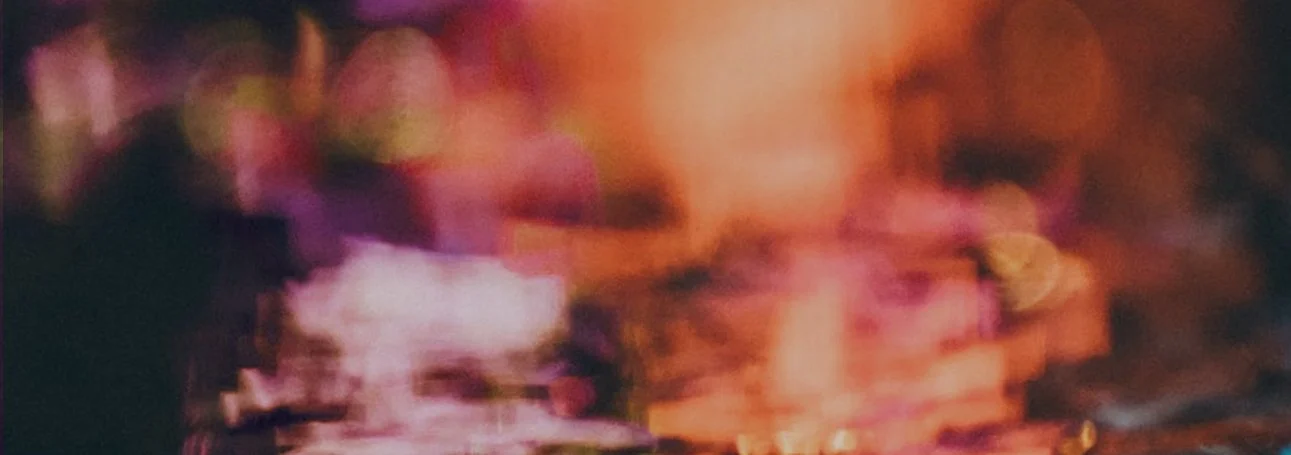How I Got Through My Wife’s Battle With Breast Cancer
In early August this year my wife’s doctor called with news no one wants to hear. Upon a second look, the scan showed Jill indeed had breast cancer. The doctor said that in a week we’d meet with a team of health professionals to discuss Jill’s prognosis and treatment plan. Just like that Jill and I went from enjoying a leisurely meal on a sunny afternoon to staring death in the face.
I usually approach challenging situations with a positive attitude. Whether it’s a disagreement with a client or falling behind in a game of pick-up basketball, I always feel there’s a way to make things right. Get more determined, be more creative. Step away from the emotional tidal wave and view the situation with a rational lens. Use facts to dictate my thinking.
But waiting for that ominous meeting felt like wearing a mental straightjacket: I couldn’t ask the doctors any questions, I couldn’t get answers to elicit hope, I couldn’t learn about the severity of the cancer, I couldn’t do anything. I simply had to endure seven days of constant anxiety. My mind traveled to the darkest possibilities: What would I do if Jill didn’t make it? Where would I go? Stay in San Francisco? Move to be close to her large family in Pennsylvania? Move to Oregon and work at her dad’s lodge? Spend a few years wandering through Europe while blowing my life’s savings on records?
Thankfully, Jill’s medical team put my – and our – worst nightmares to rest. They detected the cancer early in stage 1. The surgeon looked at Jill and said, “This is just a little bump in the road. You’re going to live a long and healthy life after all of the treatment is over.” It was probably the best news I’ve ever heard. I’m thinking as I type this, it will probably be the best news I ever hear.
--------------------------------------------------------------------
Of course, I’m being selfish. It’s easy for me to sit at the keyboard and wrap up Jill’s ordeal with a pretty literary bow. Jill’s the one who has had two of three scheduled surgeries. She’s the one who has experienced pain, discomfort, fear, mood swings, sleepless nights, and gone through an existential crisis that I can’t begin to fathom. But it’s now early November, only a few months after that phone call, and Jill’s recovery couldn’t have gone any better. Tests show no traces of cancer remaining in her body. She’s getting stronger every day. Soon she’ll be completely healthy again. Not so long ago, this type of diagnosis was essentially a death sentence.
We’re lucky. I’m reminded at each doctor’s appointment that it’s not enough to have health insurance. We’re fortunate enough to afford good health insurance.
“Good” is subjective, I know, but I’ve been around enough hospitals and insurance plans (with family members) to know healthcare is not a commodity.
For us, good insurance means:
- A staff that was proactive enough to review the initial diagnosis (calcium deposits) to determine that Jill in fact had cancer. What if they didn’t bother to take another look?
- Doctors who always refer to the latest research and studies when recommending treatments. They practice medicine at the cutting edge instead of relying on “conventional” medicine. And they respond to our questions with measured, detailed answers. We’re always informed.
- Everyone we interact with, from the doctors to the nurses to the receptionists to the administrators, do their jobs with professionalism, patience, a smile, a sense of humor, and large doses of humanity (they’re not afraid to give a hug or a reassuring touch to the shoulder). We feel cared for at every step in the process.
If only everyone with serious health conditions had the same happy story.
Jill and I are lucky to live in a city that attracts some of the best healthcare professionals in the world. We’re lucky to be self-employed with flexible schedules. We can go to appointments any day, any time, to a world-class hospital that’s only three miles from our house.
But what if we had office or factory jobs, no car, and had to travel 50 miles for appointments? Many people face that grim scenario and many of them die, even though they pay their health insurance bill each month. Jill could’ve easily been one of them if she lived in a smaller town with a less advanced healthcare system. She could easily be dying instead of surviving if she had average insurance rather than good insurance.
I’m lucky. Most of my success is due to twists of fate and being in the right place at the right time. I’m no more worthy of having my wife survive cancer than another husband with less money. The only difference between me and the other guy? I pay a higher monthly premium. And I’m not even mentioning those who can’t afford any insurance.
This experience makes me cherish Jill even more. I have renewed admiration for science and the medical profession. I have further reverence for the people who dedicate their lives to saving lives. I’m also reminded how I’ve yet to hear a legitimate reason against universal health care, and I doubt I’ll ever hear one.


